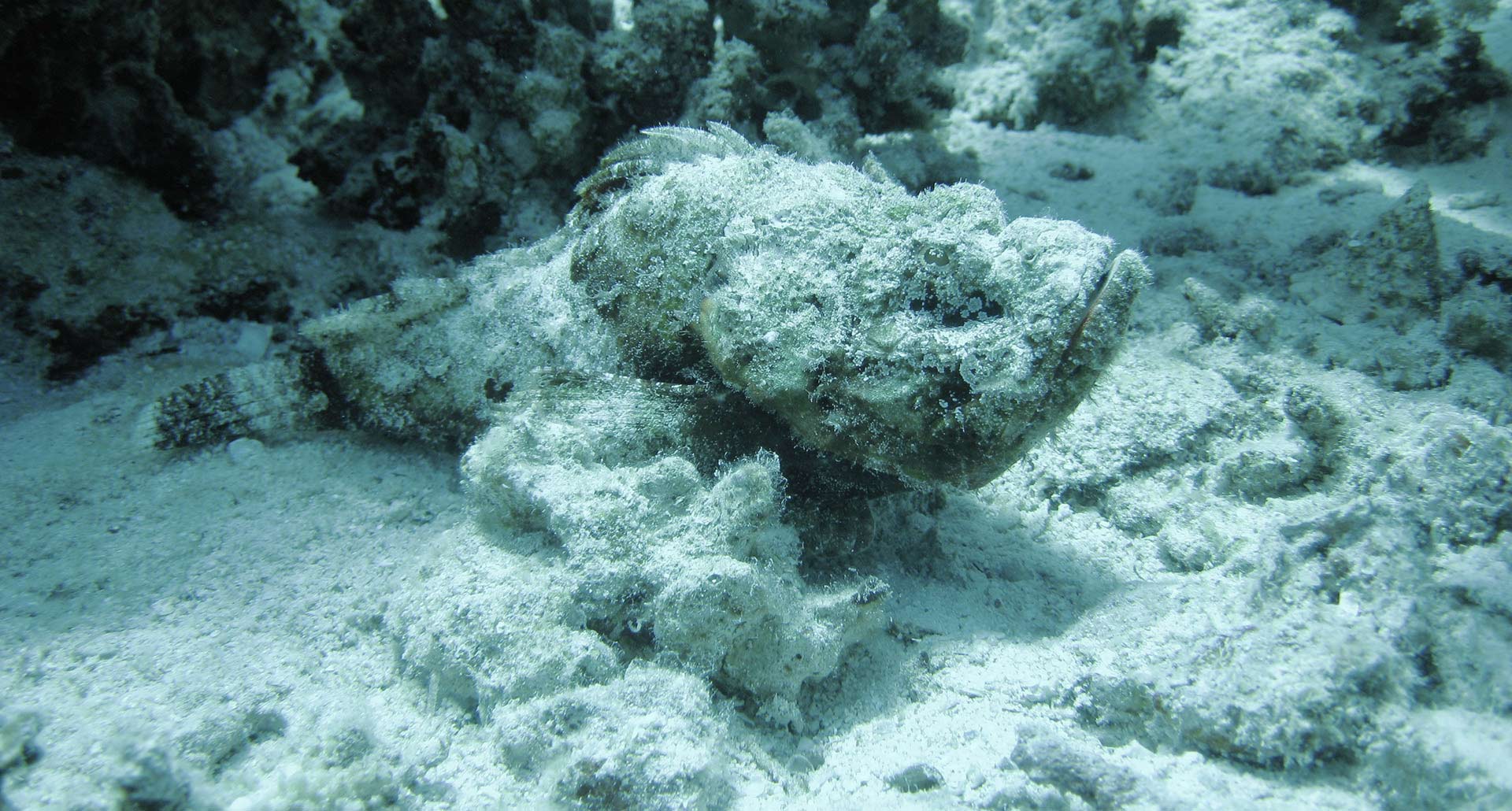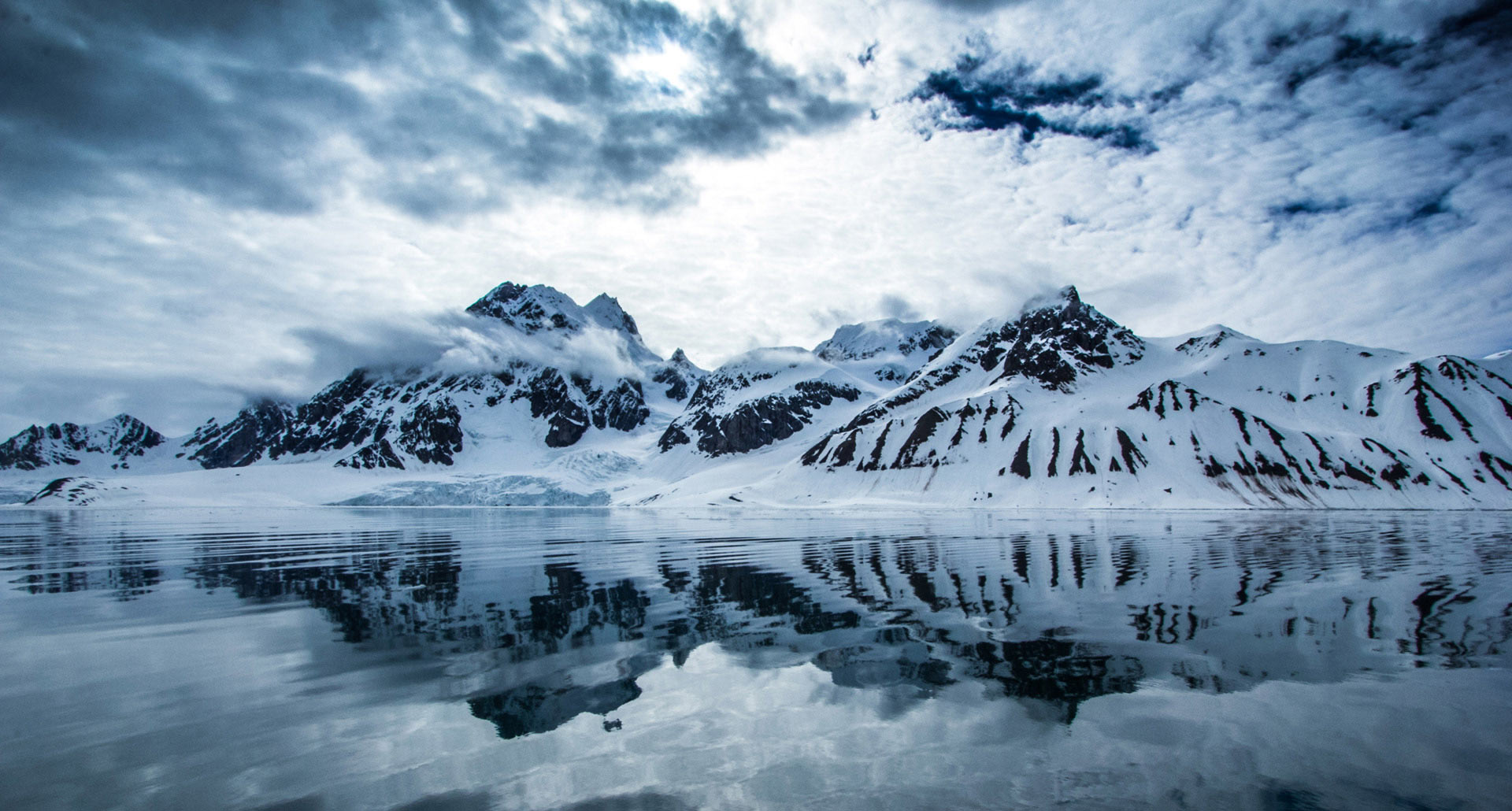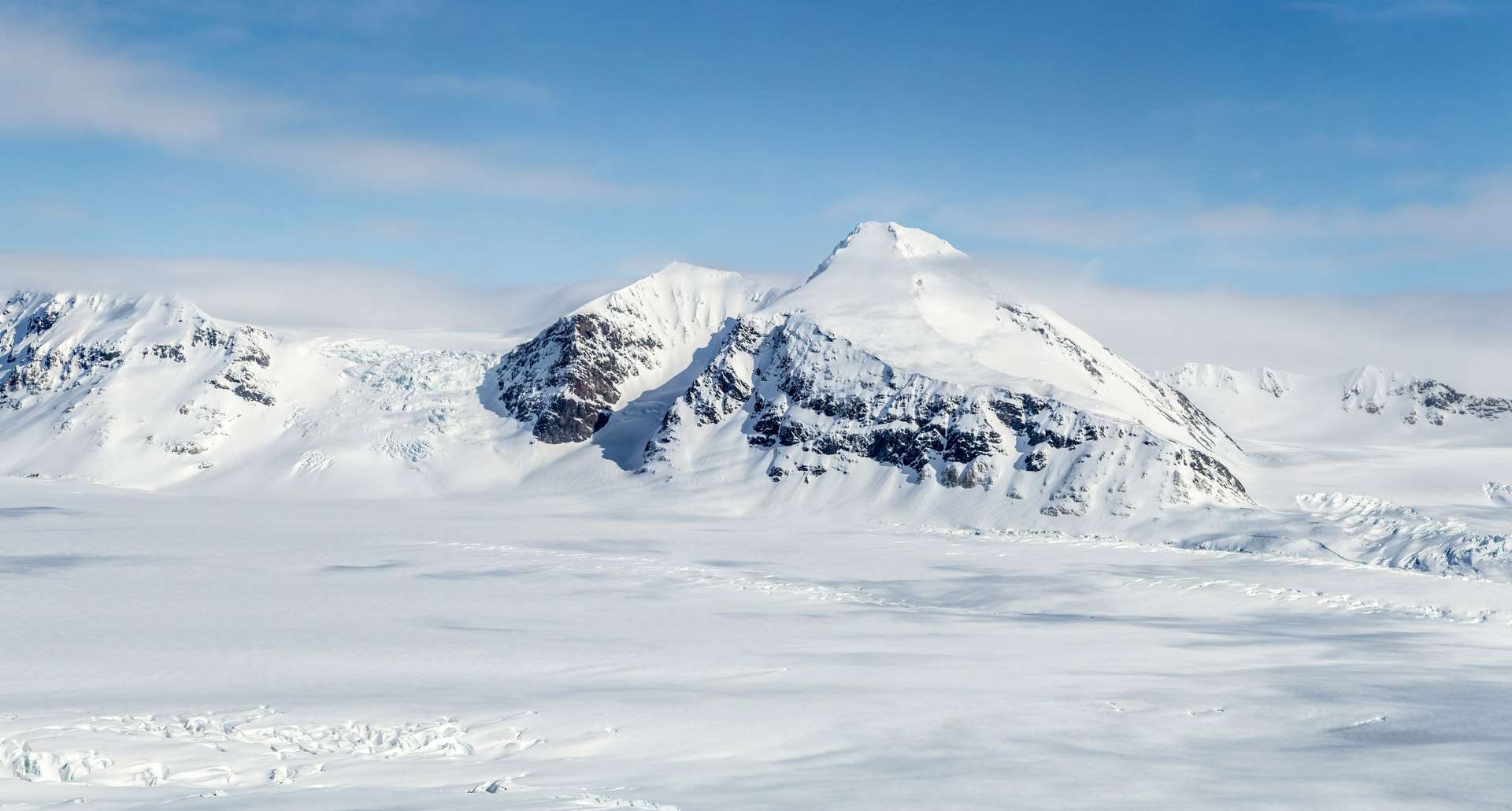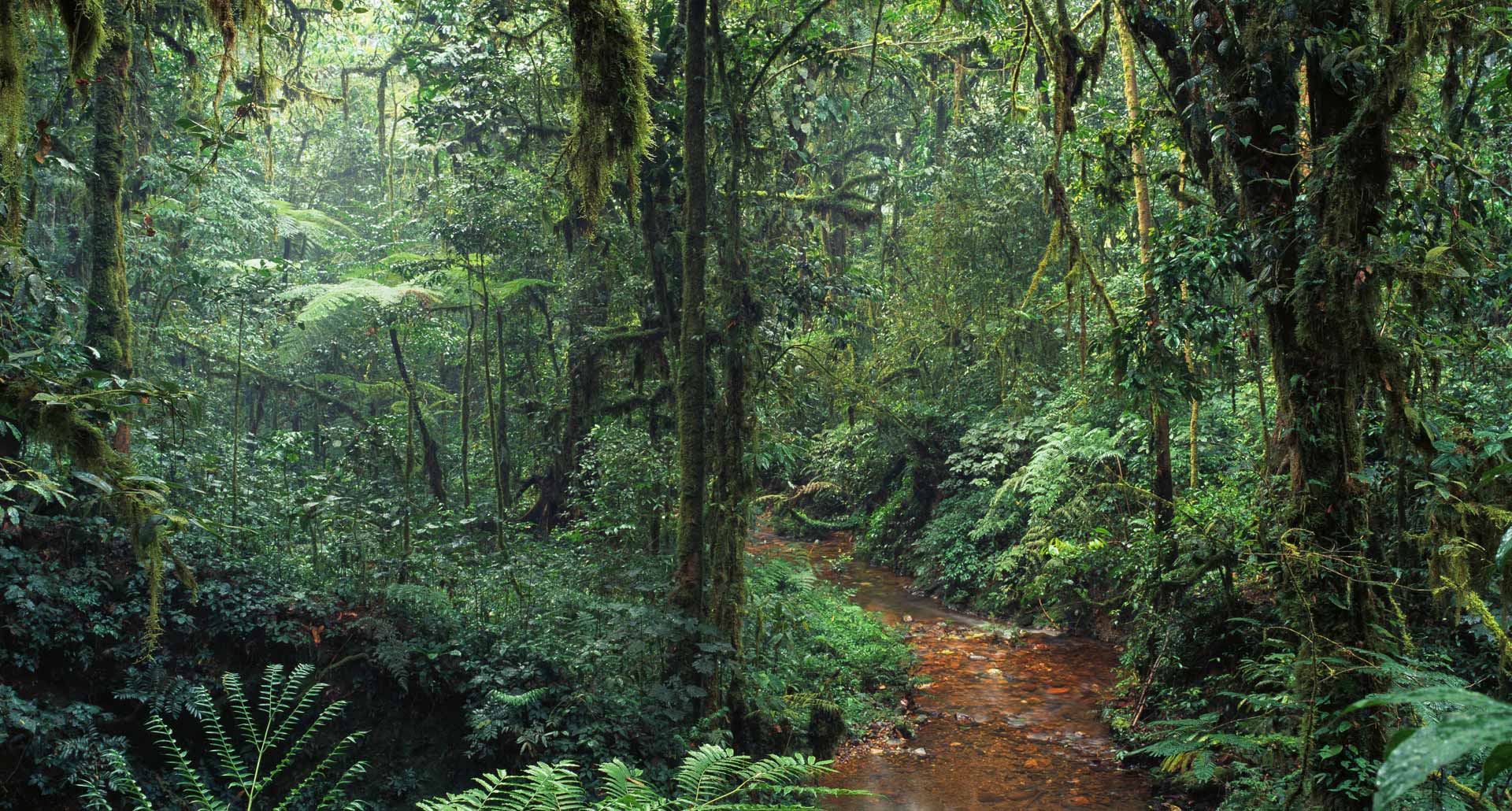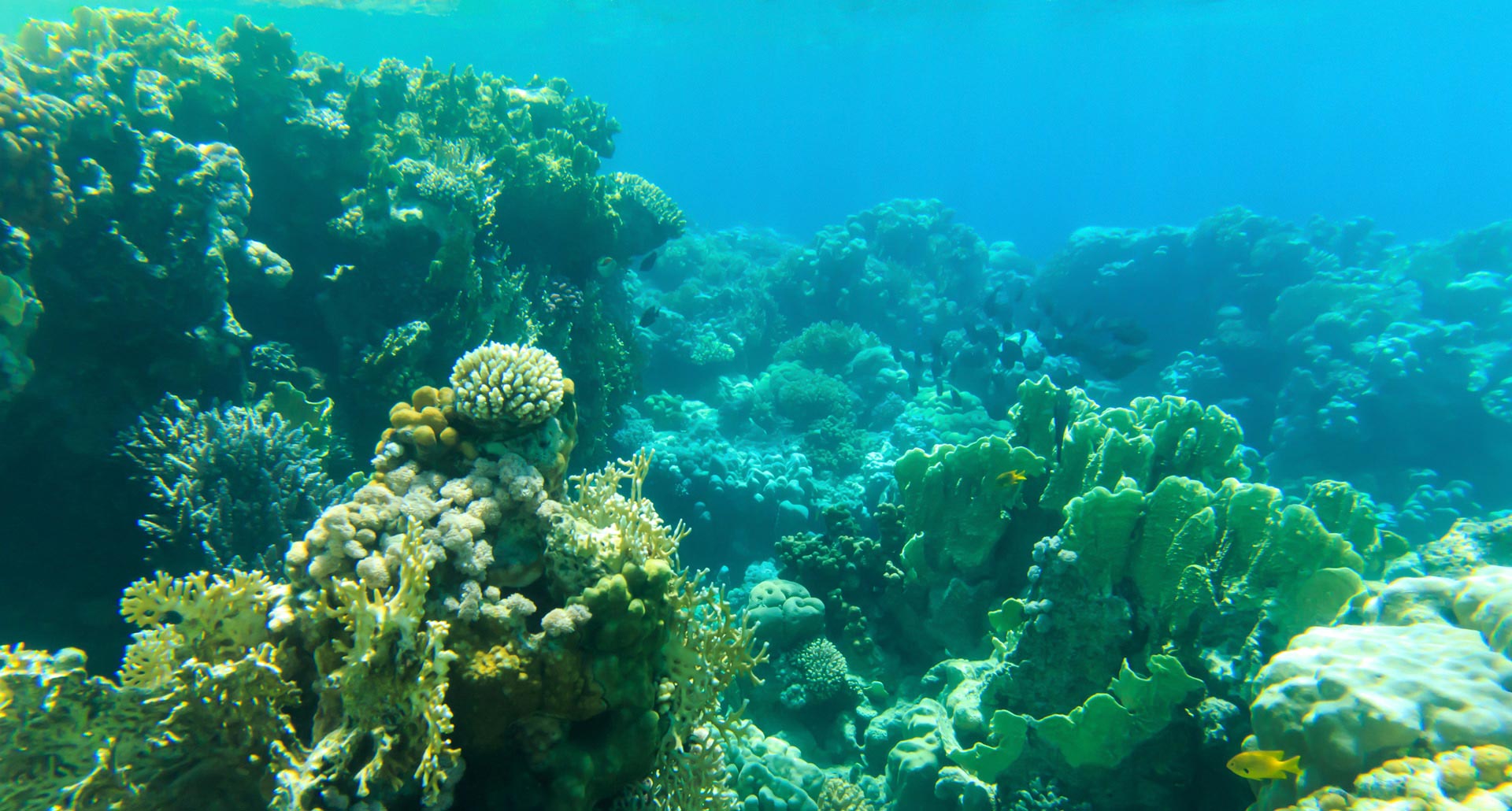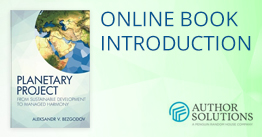Main Issues of the Anthropocene through the Prism of Planetarity and Managed Evolution
04/04/2018
The anthropocene is the era of the final domination of man over nature, a certain high point of revealing the essence of man as a subject of geological history. The doctrine of the anthropocene is quite congruent with the philosophy of cosmists, and especially that of Vladimir Vernadsky. However, within the framework of this extremely fashionable topic now, anthropocene interpreters point to a number of serious threats that this epoch, which began in the middle of the 20th century, has already brought us. Among them are: the spread of radioactive contamination of the atmosphere; ubiquitous climate warming (having a largely anthropogenic nature); daily extinction of living species (reducing biodiversity, damaging the entire global ecosystem because it breaks its internal functional relationships); land debris; pollution of freshwater, oceans and the near-Earth space; and finally, changes in humans as a species in all forms of their biological and spiritual life.
The main problem of the anthropocene as a source of global threats and problems (according to Stephen Hawkins recent estimates they will reach their climax within the next hundred years), is that scientists treated it as merely as a historical and geological epoch omitting its planetary character. Planetarity, one of the key concepts of the philosophy of Russian cosmism and the Planetary Project as its successor, in this case means the phenomenon of man’s growing dependence on nature, which grows in direct proportion to population growth, increasing levels of production and resource consumption. It is necessary for people to realize: in order to avoid approaching destruction, people need to make a qualitative leap not only in technology, but also in consciousness. Perhaps it is really a matter of reaching the point of singularity, after the passage of which the whole way of life of an every individual changes both on Earth and in space.
At the same time, it is important to understand and accept that there is an alternative way forward in which the anthropocene can be completed not as a catastrophic process for all living things, but as a process of historical and ontological maturation of a man who treats nature as ally, deeply penetrates into its secrets, and becomes a leader of controlled evolution and space exploration. The conditions for this are formulated by the Planetary Project, which inherits Russian cosmism, as follows:
- world-wide human integration, the planetarization of man who has overcome all the existing borders and divisions;
- a new system of re-use, based on the concept of planetary rent, which a) ensures a fair distribution of wealth, and b) meets the needs of the global ecosystem, including the biosphere;
- removing barriers to the development of science, especially high technology;
- formation of a new integrated biocentric worldview based on planetary ethics and global spiritual synthesis;
- construction of a noospheric universal civilization based on the principles of managed harmony.
The concept of the anthropocene, therefore, must be supplemented by the category of planetarity and the concept of guided evolution. In the ethical dimension, planetarity necessarily implies integrativity as the fundamental principle of self-perception and self-understanding of man. The integration of the individual with humanity and the world, affinity with all living things is a source of responsibility as the main moral nerve of a rational being. Upon man lies the highest responsibility on the planet: to represent the interests of living and inert nature in space. This is revealed in two aspects, in two aspects of being - as a concern for life on Earth and as protecting it from possible threats from the outside. To carry out this responsibility, man has been given intelligence, intuition and spirituality based on the recognizing the universal connection of living things.




